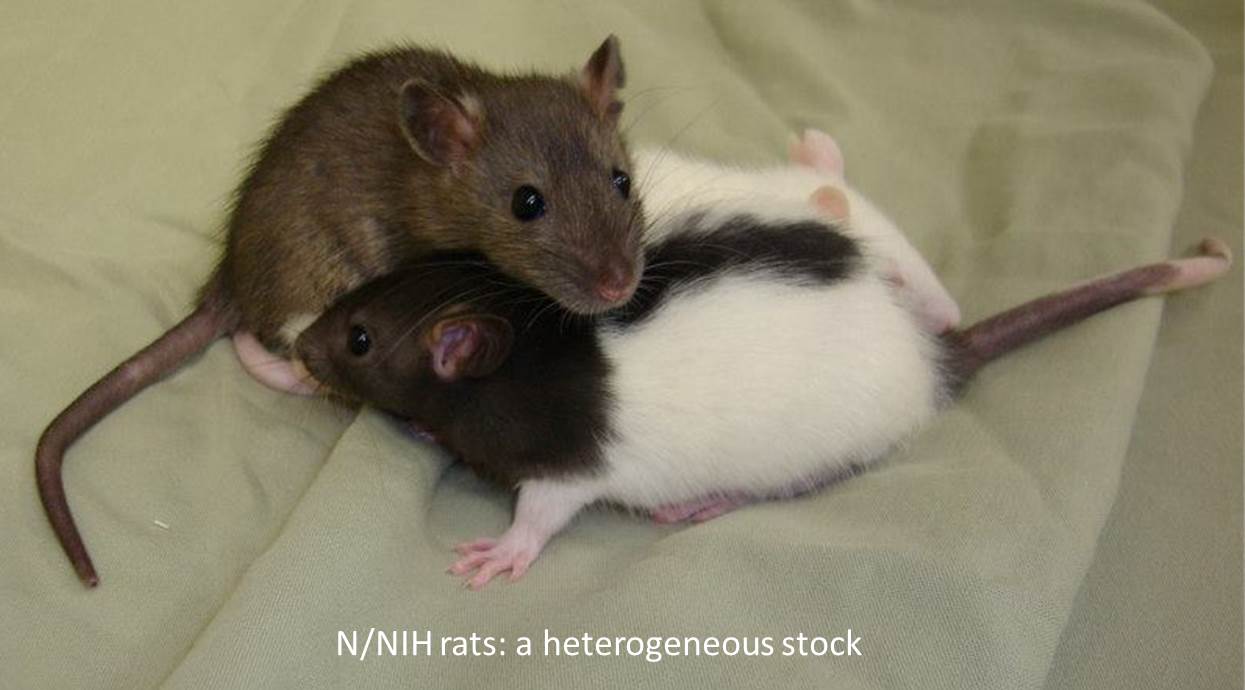Rats have a long and storied history as an important animal model for research, especially in the study of behavior. The University of Chicago has particularly strong historical ties to this field. John B. Watson, PhD 1903, considered the father of behaviorism — a philosophy that psychology should be based on observation and experiment to understand behavior — helped transform psychology into a science.
But in recent decades, the use of rats has given way to mice because of dramatic innovations in the manipulation of mouse genomes. This shift has affected certain research fields, particularly the study of drug abuse and addiction, where behavioral tasks are often too complex for mice to perform. That’s led to a slowdown in research aimed at revealing the genetics thought underlie drug abuse-related behaviors.
To address this issue, the National Institute on Drug Abuse (NIDA) has awarded the University of Chicago a $12 million, five year grant to establish a national Center of Excellence to study drug abuse-associated behaviors by conducting research with rats. Led by Abraham Palmer, PhD, associate professor of human genetics, the NIDA Center for Genome-Wide Association Studies in Outbred Rats will combine complex behavioral studies with recent technological advances in rat genetics to help scientists shed light on the genes behind drug addiction.

